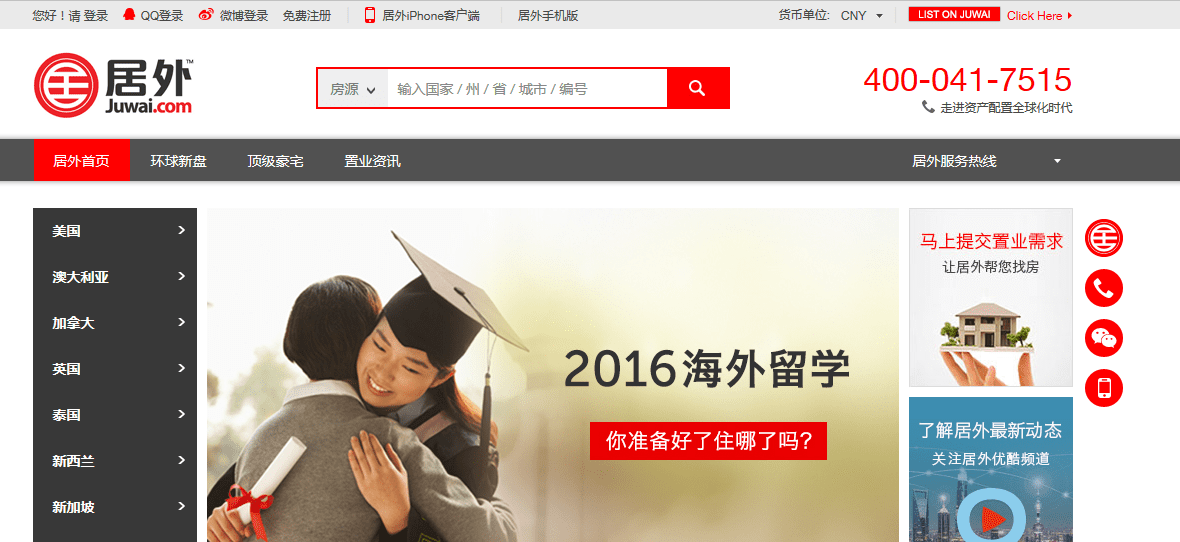
Juwai.com recently published 5 must-knows to boost your site appeal to Chinese. They say if you’re planning to market to Chinese buyers online understand their expectations, consumption patterns, and cultural backgrounds before incorporating these insights to build your online presence makes all the difference.
Chinese websites vs. Western websites
The first thing to understand is that Chinese websites and Western websites are polar opposites in many aspects. In fact, looking at Chinese e-commerce websites, one would think that most Chinese website designers suffer from horror vacui – a “fear of empty space” in Latin.
The amount of information crammed into a single page could easily be described as cluttered, chaotic, and even claustrophobic to look at, much less navigate. It’s practically an information overload and a baffling disparity for non-Chinese netizens.
This is even more apparent as minimalism is favoured in most advertisings and designs – especially for websites – in the West, and probably most parts of the world. After all, it’s commonly perceived that tasteful understatement appeals more to the taste of the affluent.
Not so in China though, where apparently – or at least in terms of websites – less is not always more.
5 Things to Know About Chinese Websites
#1 Language differences
Part of the cluttered feeling stems from the fact that the Chinese language doesn’t have italics or capital letters. This limits opportunities for adding the visual punch that you get with Latin alphabets, making it difficult to create the contrasts required to organise information with type alone.
#2 Minimum time, maximum info dissemination
Time is money, and this rings truer than ever in China. Thanks to the Great Firewall of China, most Chinese internet users are still plagued with slow loading times and limitations when it comes to international sites.
Hence, displaying as much information as possible is vital to retain consumer interest in China, so what may seem to be clutter to you is in fact seen as “content-rich” by Chinese internet users.
#3 Assurance and safety
Chinese consumers require a high degree of assurance – likely fuelled by the amount of fake or low-quality products in China – before making a purchasing decision.
So, while catchy headlines or pretty images are crucial in drawing interest and attention, but it won’t help seal the deal if there is insufficient information to convince Chinese buyers that they’re making a worthy purchase, especially as property is a major financial investment.
#4 Online reflection of China
Fact is, Chinese sites very much mirror China’s urban landscape. Walk around a major city in mainland China, and you may very well be overwhelmed by its bright advertisements, bustling boulevards, expansive choice of retail options, and Chinese shoppers swarming around you.
Websites designers in China aim to recreate this on Chinese websites, ensuring that every spare inch of space gets used up to mimic a boisterous and frenetic bazaar atmosphere.
#5 Digits sometimes play a role
From domain names to emails to social media accounts, numerical digits are a nifty way to catch Chinese attention in China’s cyberspace. Not only are numbers easier for Chinese to remember, but numbers are also homophones or near homophones for certain Chinese words – turning them into quirky and creative wordplays when used alone or combined.
Read the entire article by clicking here.
